‘I don’t trust anybody’: Shoplifting so bad we’ve given up counting lost stock, retailers say
Shopkeepers tell The Independent thieves from all walks of life are destroying their businesses
“You just can’t believe what you see sometimes,” says Waheed Doulatzai, a shopkeeper in east London for whom the scourge of shoplifting has never been more felt.
“Often some very well-dressed-looking people will go down the middle isles and steal things like honey, protein and chocolate drinks, Monster cans, and other energy drinks.”
In words likely echoed by thousands of retailers across the UK, the 52-year-old is unsurprised figures released by the Office for National Statistics (ONS) this week show shoplifting is at its highest level since records began 20 years ago.
The 30 per cent surge in incidents in the past took the total number of recorded offences last year to 443,995 – up by more than 100,000 on the year previous.
Shopkeepers in east London told The Independent the problem was so bad, that they’ve all but given up on calculating the cost of the stock they’ve lost.
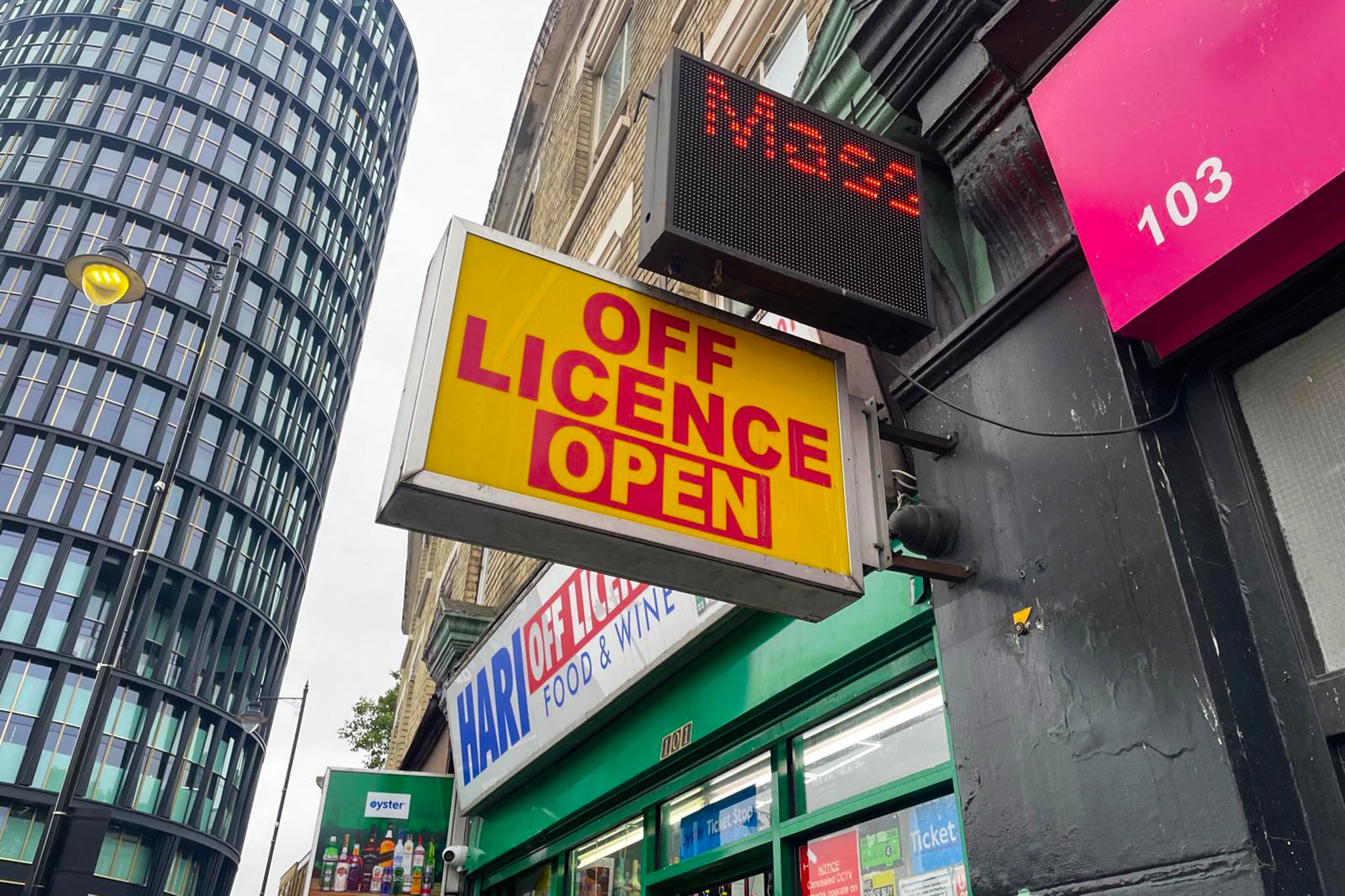
“Ultimately I don’t trust anybody and it doesn’t matter ... smart, poor, wealthy, or homeless,” said Mr Doulatzai, a shopkeeper at the Sun Star Express food and wine store in Old Street.
“After 2am we have to close the shutters on the shop and only serve customers through the window.
“This is because we’re a 24-hour operation in this shop and we’ve stopped selling alcohol after 2am too because things can get out of hand.
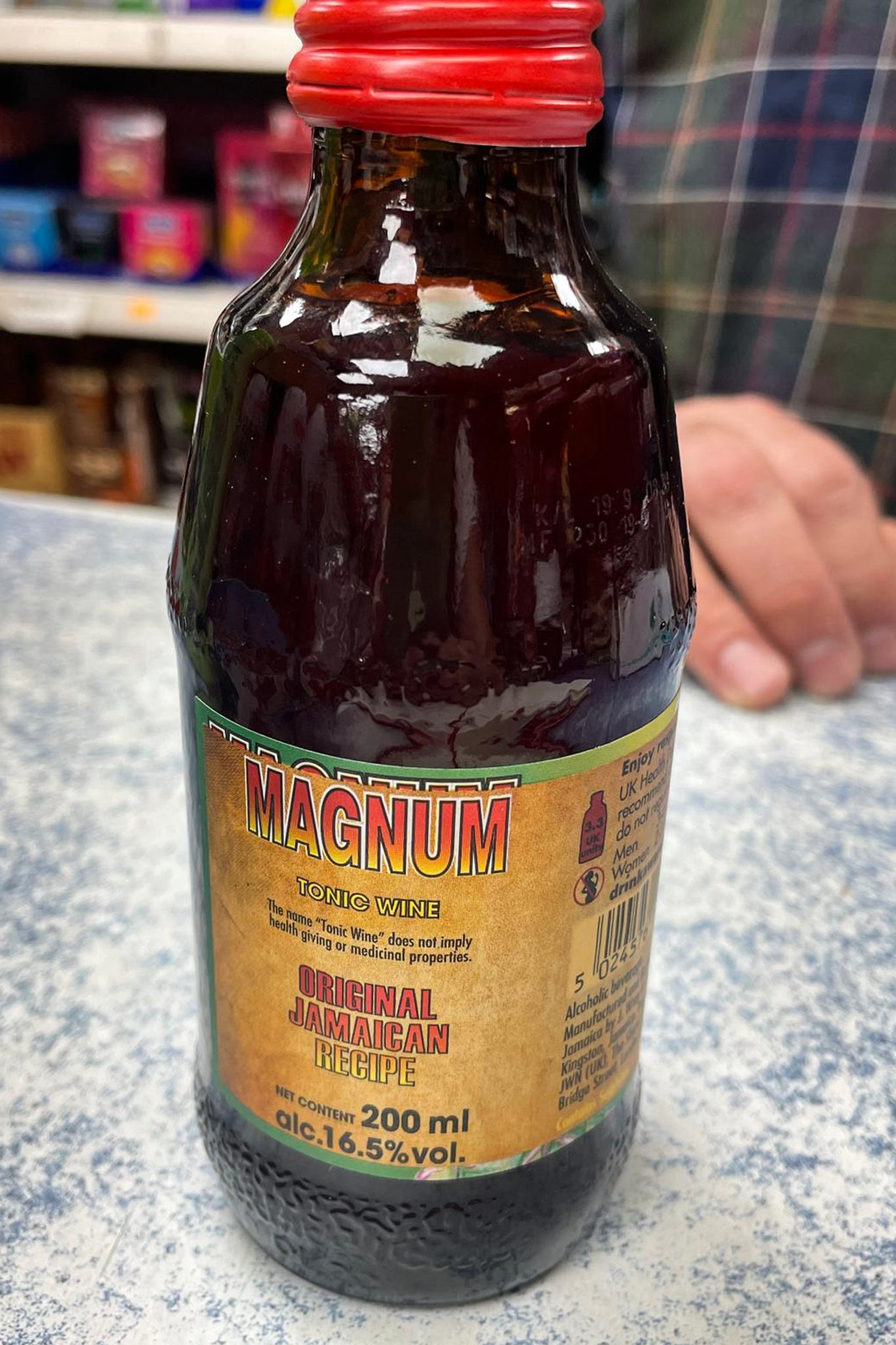
“People will still kick the doors and start shouting at us.”
Where previously petty theft, such as teenagers grabbing chocolate bars and crisps off shelves, was more common, the shopkeeper told The Independent that thieves from all walks of life and ages were now targeting high-value stock items like vapes, tonic wine, and even honey.
He only recently had to start putting bottles of Magnum tonic wine behind the counter which he said was popular due to its 16.5 per cent alcohol volume.
Mr Doulatzai’s colleague showed The Independent several clips of thieves targeting their shop.
One showed a young woman emerging on screen and then vanishing seconds later after she leant over the counter and grabbed a vape from under the glass.
In another, a smartly dressed man grazed the drinks aisle until he suddenly slid a bottle of water from a high-end brand up his sleeve.
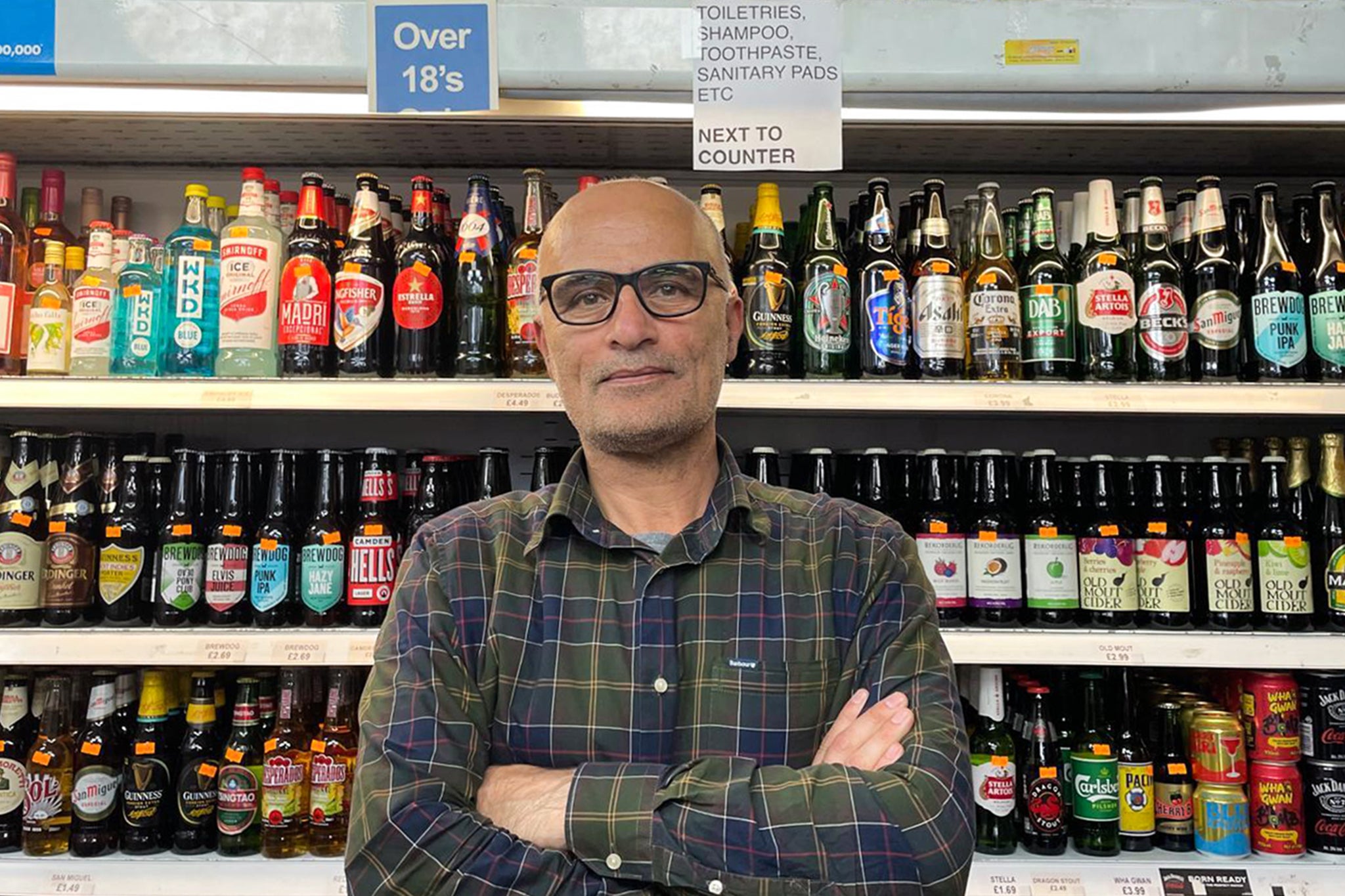
One showed an older man brazenly wandering around the alcohol aisle before grabbing a bottle of wine off the shelf.
Eddy Patel, 61, a corner shop worker of 17 years, said: “The most popular times for thieves are between 10pm and 12 pm, and weekends tend to be much worse.
“Something we have seen in this shop is young women being regularly preyed on when they’re on a night out. Typically, a man will run into the shop while the girls tap their contactless card and snatch it from them in the process before bolting off.
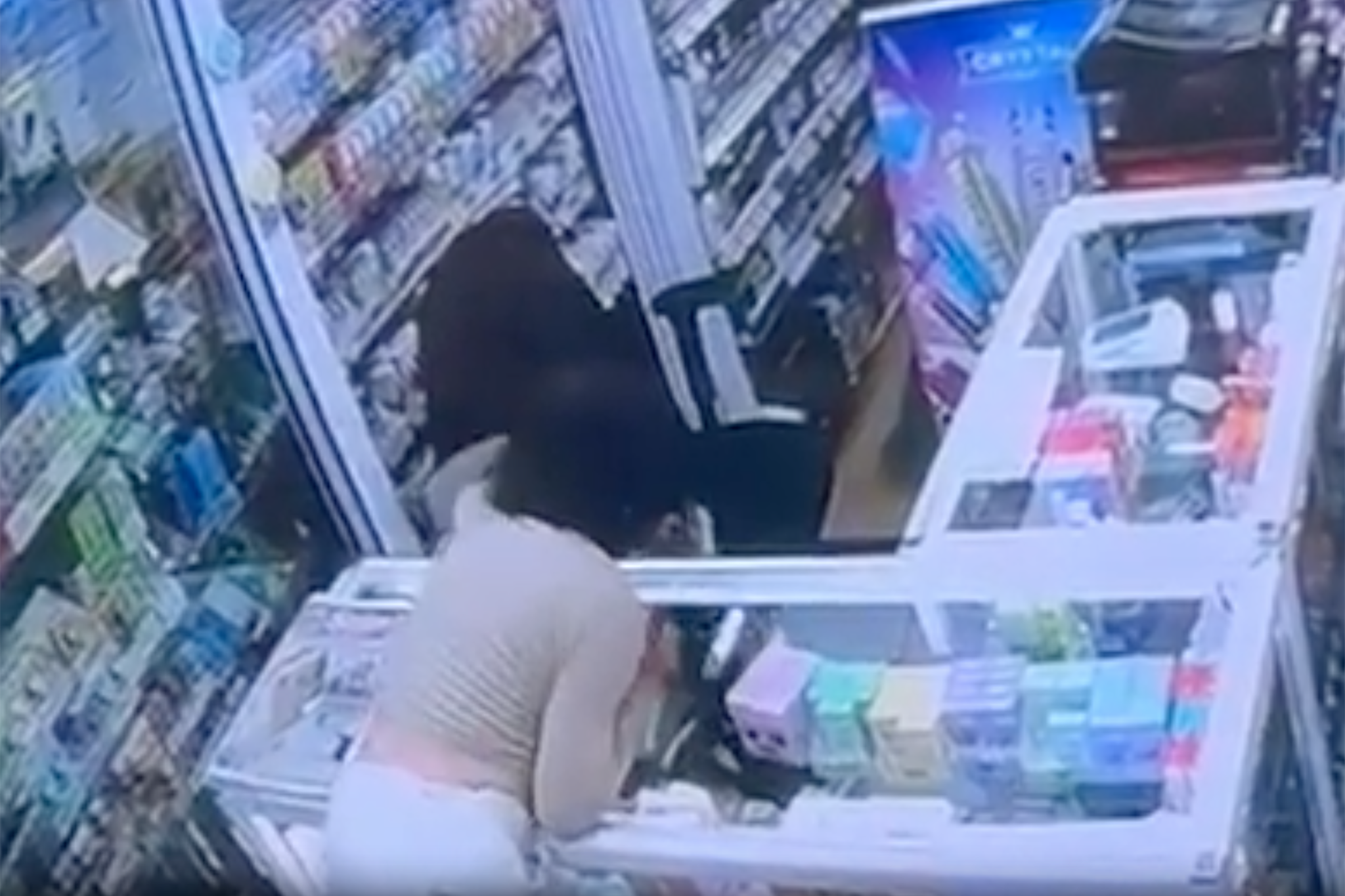
“It’s the reason why we don’t accept contactless cards at night anymore – only chip and pin”, he said, pointing at the sign displayed behind him: “It’s because people are stealing it and then tapping it until it maxes out.
“When I call the police they tell me not to bother unless it’s over £500 worth of goods that have been stolen.”
The Metropolitan Police told The Independent it does not have a cost threshold that needs to be met before it launches a shoplifting investigation and that each report is dealt with on a case-by-case basis.
The cost of living crisis has driven the price of weekly shops up for consumers across the UK, leaving some unable to afford essential items.
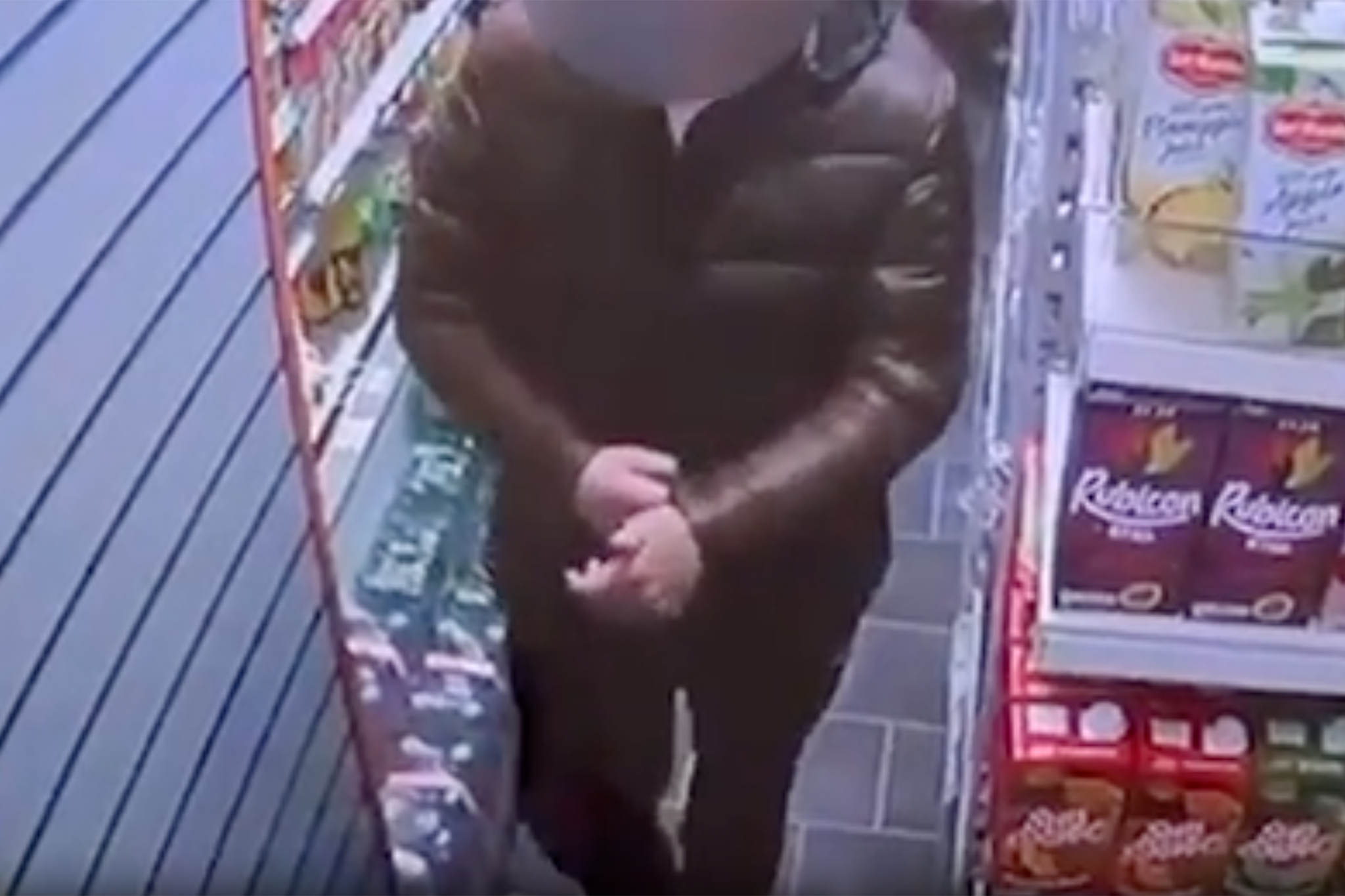
It has been widely attributed as one of the main causes of the rise in shoplifting incidents. Retails placing security tags or cases on products such as cheese and red meat has become a common sight.
St Giles, a charity supporting people affected by poverty, unemployment, the criminal justice system, homelessness, exploitation and abuse, said the rise in shoplifting offences documented in the ONS figures was unsurprising.
The charity added: “The cost of living crisis has forced people into often dire circumstances.
“At St Giles, we frequently encounter adults who are skipping meals to feed their children – 72 per cent of new people using our pantry network during the winter told us they had not eaten for a whole day as they could not afford food.
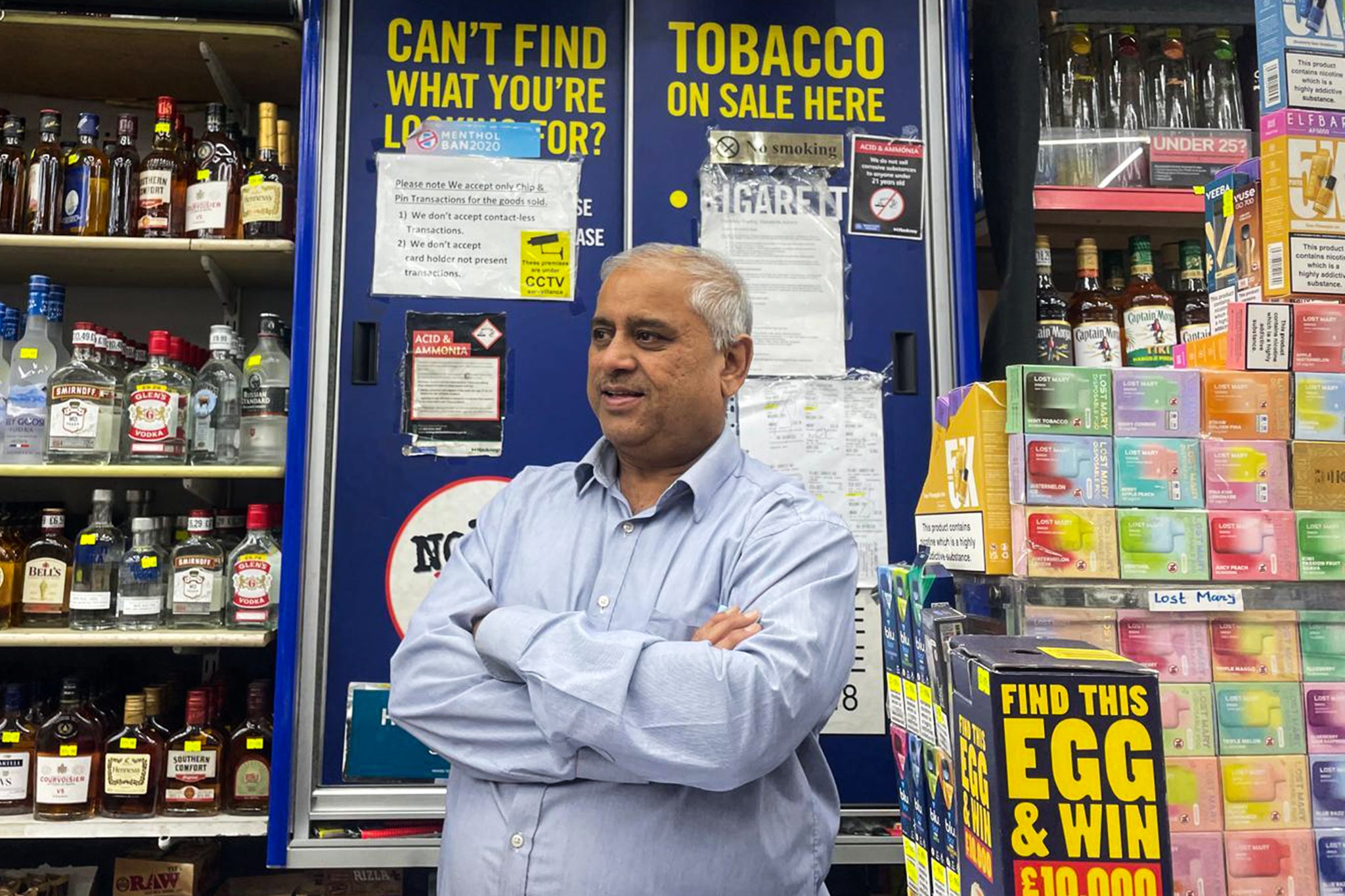
“Faced with such stark choices, it is not surprising to learn of the ONS figures.”
Shopkeepers The Independent spoke to said they saw a spike in incidents at weekends and these could often be at the end of the month when people anticipated payday.
Ultimately, shop workers said the problem was beginning to destroy their faith in society and was making them reconsider goodwill gestures they had extended to customers in the past.
“Typically we are very good with customers,” Mr Patel said. “We give random discounts and if people don’t have the extra pound or two we let them off.”
If his business continues to be hit as badly as it has been by shoplifting, he fears he may no longer be able to be so generous.
